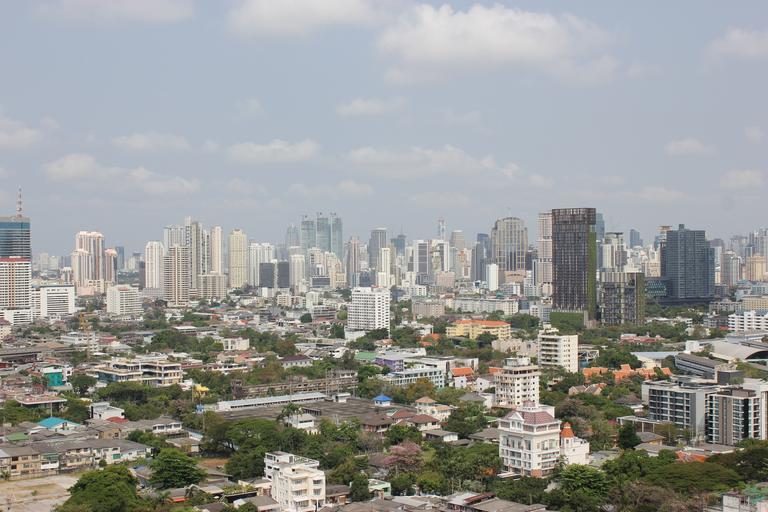Much of the region is still relying on tourism for its recovery and many foreign customers and expat communities were expected to take some time returning en masse. Yet, Chinese investors already compete for property normally destined for rentals. And while vaccination efforts gather speed, real estate developers and brokers have started planning for new lifestyles and consumer needs.

Thai Condo Agencies Reporting Initial Recovery in Demand
While Thailand’s economy is driven by manufacturing and services, its international profile – and much of its “easy” added value – comes from tourism. This, frequently, includes providing hospitality and services to expat communities and long-term guests.
Over the past year this kind of customers inevitably decreased. And it should not come as a surprise that a growing share of potential investors is coming from China’s fast recovering economy. Prospective buyers are viewing property in countries like Thailand and Vietnam, preparing for a post-pandemic reopening and revival.
Thailand, in particular, attracts large crowds in Bangkok and Phuket, and its concerns with the nation’s vaccination programme are directed towards locals and workers in top tourism locations.
According to one Thai condo agency based in Bangkok, long-term and expat rentals are expected to pick up once these priority regions reopen completely. This essentially means quarantine-free entry for vaccinated foreigners as well.
But real estate agents are already aware of some lasting effects of the series of global lockdowns. Condo buyers prefer their properties ready to move in, while new projects and incomplete units are losing their appeal, despite some price advantages.
Many hospitality businesses have struggled; others have closed completely and are also up for sale. Yet, guest houses, restaurants and bars may sound appealing but in most South-East Asian countries foreigners can only acquire a minority stake, and the full purchase must include a local citizen.
Official reports are a source for some optimism – for locals and guests alike. Thailand’s plans to reopen completely for the active season include quarantine waivers for vaccinated arrivals and simplification procedures for the nation’s hot spots like Pattaya, Koh Samui and Bangkok itself.

The Homes of Our Future, Redefined
In the face of some challenging times, most of us experienced a noticeable change in the way we live, work and have fun. These global trends have left their mark on homes, their design and consumer requirements.
Industry experts emphasise the importance of a transition in real estate standards. Physical distancing, the need for flexible open spaces and home design, technological integration and connectivity are merely some of the aspects that define the future of real estate markets.
Housing developers must be open to such changes, willing to challenge their own ideas and the concept of home functions that they traditionally supply. Stay-at-home behaviour and safety guidelines must be inclusive of flexible buyer needs and adaptive living environments.
Working from home or accommodating different generations, the buyers of the future will push the home markets to new levels of awareness. Southeast Asia has always been at the forefront of such dynamic changes. Without a doubt, real estate in the region is expected to offer some exciting solutions to locals and foreign guests, whether buying or renting.
